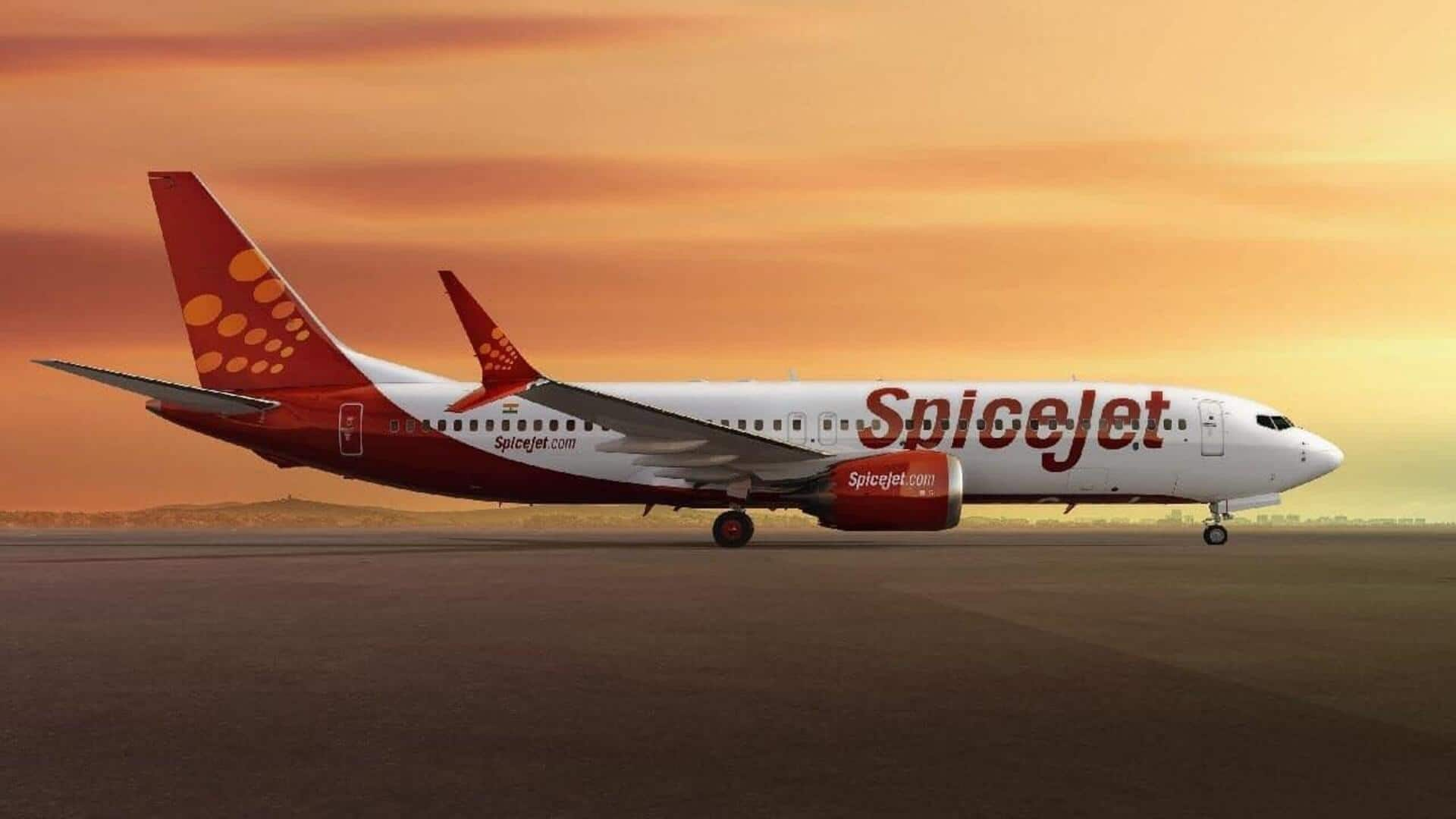
SpiceJet to bring back 10 grounded aircraft by April 2026
What's the story
Budget airline SpiceJet has announced its plan to unground around 10 aircraft by April 2026. The move is aimed at meeting the peak season demand in the coming months. The fleet includes Boeing 737 NG and MAX, as well as Q400 aircraft. The grounded planes have been adding to SpiceJet's increasing rent and maintenance payment liabilities.
Restoration efforts
Securing maintenance and overhaul slots
In a bid to speed up the ungrounding process, SpiceJet has secured maintenance and overhaul slots. The airline has sent 19 engines to engine shops around the world. This includes seven engines for Boeing 737 NG, six for Boeing 737 MAX, and six for Q400 aircraft. These restoration efforts are part of SpiceJet's larger strategy to get its grounded fleet back in service as quickly as possible.
Fleet expansion
Lease agreement for 10 Boeing 737 aircraft
Recently, SpiceJet signed a lease agreement for 10 Boeing 737 aircraft. The deal is expected to further bolster the airline's fleet ahead of the upcoming winter schedule. The planes will be inducted under damp lease arrangements by October 2025. "SpiceJet is fully geared to meet the surge in travel demand for the upcoming winter and early summer seasons," Debojo Maharshi, Chief Business Officer at SpiceJet, said.
Engine updates
In July, SpiceJet sent 17 engines for overhaul
In July, SpiceJet sent a total of 17 engines for overhaul. The first two overhauled engines were received from global MRO provider StandardAero in July. These included a CFM LEAP-1B engine that powers the Boeing 737 MAX and one Q400 engine. As of June 30, 2025, SpiceJet's fleet comprised 56 aircraft, with 21 operational on the ground.
Financial outlook
Net loss of ₹238 crore reported in Q1 FY26
In Q1 FY26, SpiceJet reported a net loss of ₹238 crore. The company attributed the loss to geopolitical tensions with a neighboring country and airspace restrictions in key markets. In September 2024, SpiceJet raised ₹3,000 crore through Qualified Institutional Placement (QIP), which was heavily oversubscribed by investors. The funds will be used for ungrounding its fleet, acquiring new aircraft, investing in technology, and expanding into new markets.